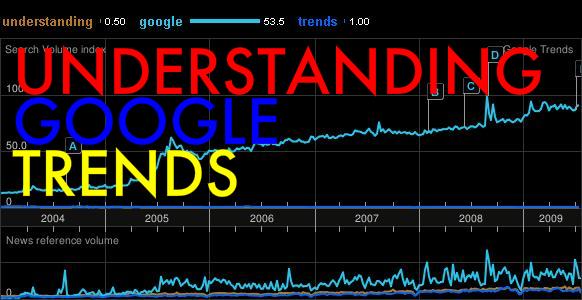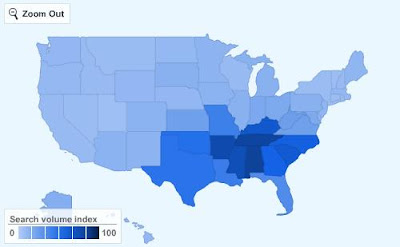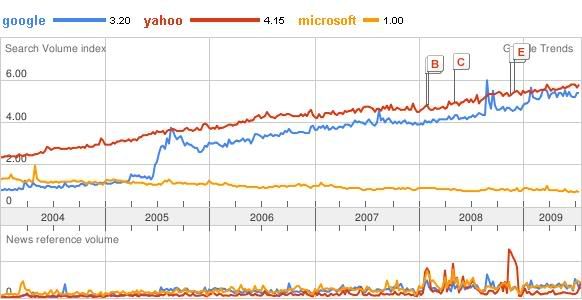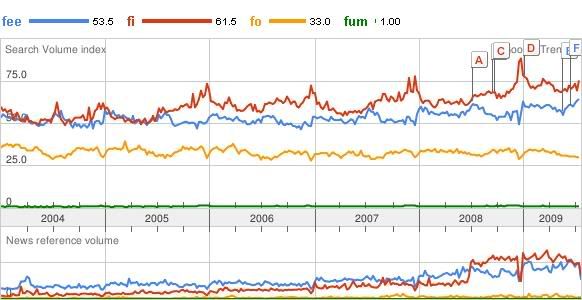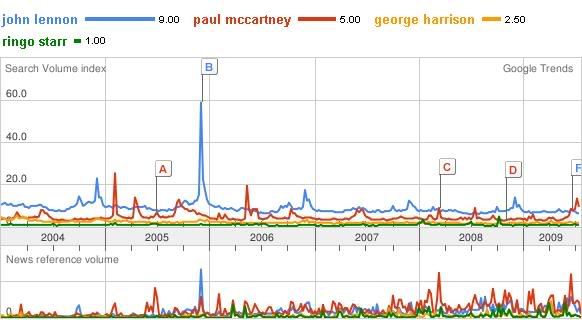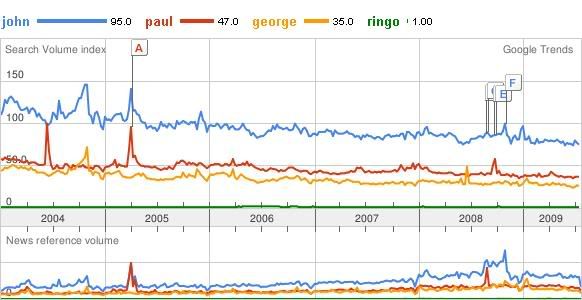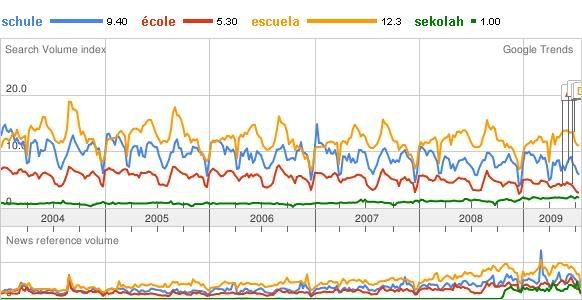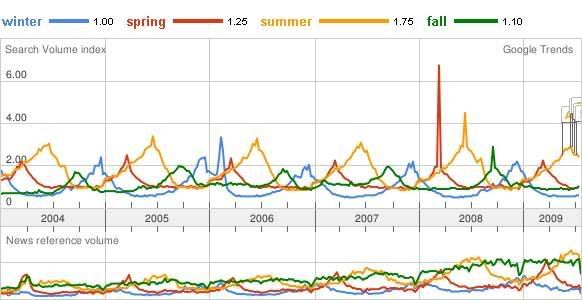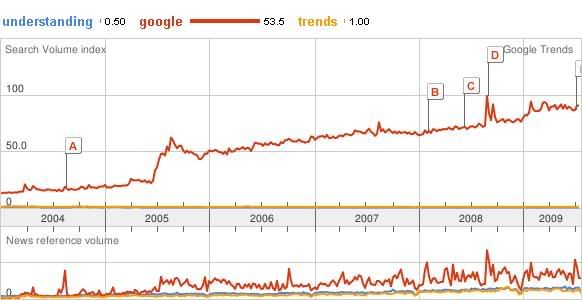Now there's a classic j-curve for the new year. Obviously, the amount that people have been Googling 2010 has drastically increased recently as we've, well, approached 2010. The pretty graph you get if you factor in other years besides looks like this:
2010 ain't seen nothing yet, searchwise. On this chart, I love how each year shows a little bit more searches and how each year has peaks and valleys unique to it. Like fingerprints.
Back to the year in question, some random stats:
- The country googling 2010 with the greatest frequency: Eritrea.
- The rest of the top five: Togo, Ethiopia, Cameroon, South Africa, all in Africa.
- American state googling it most (per capita): Virginia (by a long shot).
- Canadian subnational entity: Northwest Territories.
- German land: Hessen (by a long shot).
- In China: Beijing.
- Most searched 2010-related phrase: "pes 2010" (whatever that means).
- Primary search categories in which '2010' features: Sports, Society, Automotive, Entertainment, Local and Computers and Electronics.
